You’re an undergrad. You’re going to parties and going to class. You are thinking about which friends you will get to hang out with over break and in the back of your mind a little voice whispers…grad school. Yes, grad school. Are there two words more stressful to an undergrad trying to become an SLP?! Senior year is basically stressing out about applying to grad school and then the agony of waiting to hear if you got accepted to grad school. So basically senior year is the time to invest in a box of stress balls and fidgets to calm your nerves until graduation. However, applying to SLP grad school doesn’t have to be like that! If you take some of these points into consideration when you start to look at programs to apply to, it can help to keep some of those nerves at bay.
Here is what you need to be thinking about when you are starting to apply to grad school…

Requirements
Each program has their own set of standards that they use to determine if an applicant ( aka you ) is ‘qualified’ for their program or not. These are usually requirement scores for GRE and what they deem and acceptable GPA. So if you have your heart set on a school, make sure to check and see what their requirements are and if you met them. If not, take a depth breath and trust me when I say it will be fine. There are many accredited schools to get your degree from if your numbers don’t jive with what is posted on the grad programs website.
Here is a list of the TOP RANKED Speech-Language Pathology graduate programs in 2016 if you are not sure what schools offer programs.
Here is the link to ASHAs EdFind. This will list all the programs in the country that offer a graduate program. You can even narrow it down by state!
Style
Now I am not talking about if the professors are walking around in Jimmy Choos or UGGs. (Although the thought of walking around in Jimmy Choos all day in grad school makes my feet hurt.) I am talking about if the program lends itself to a more medical focus or academic/educational focus ( aka schools ), etc. Coming out of grad school the goal is that you should be able to enter either area and have the base knowledge and skills to be fine and build on, but, not all programs are created the same. Some may have close ties with the local hospital and therefore do clinic work there or offer more specialty classes regarding more medical aspects of speech such as feeding and acute rehab. Some programs offer different tracks that allow to have more experiences in a school setting or medial setting depending on your preference.
If this is something that is important to you, do your homework! Don’t assume every program will give you the same experience. If you are passionate about working with kids, then you may want to look for a program that has an additional clinics on campus they work with or offer extra experience within the local schools.
If you are in the camp of the undecided about where you think you want to be, still look around and see what they offer, you don’t want to throw caution to wind. Make sure it is a program that will allow the experiences you think you will need to make an educated decision.
Letters
Just about every graduate program will require 3 letters of recommendation. Now, while your mom would be more than happy to write you a raving review, its a no go. These letters are typically from faculty. No buddy-buddy with your professors? No sweat. Did you have a job that showed how you can be organized, a team member, eager to learn? Have them write a letter that highlights those qualities. I will say, it is good to have at least one faculty member write you letter. They can speak to your performance on school projects and to your knowledge of the profession.
We know not everyone is a straight A student, so if your GPA isn’t what you want it to be or your GRE scores weren’t quite as high as you hoped, these letters can help the members of the acceptance panels understand that you do have what it takes to be a killer SLP!
Oh, you can write a letter too! Some programs ask for a short ( and I mean like a paragraph or two ) letter about yourself. This is your chance to share who you are and what drives you. Tell them why you want to be an SLP and what you can bring to their program.
*A little tip, proofread the heck out of everything then give it to 2 or 3 other people to proofread. I have seen letters with misspelled words get tossed in a second. Now, these people understand these mistakes happen to everyone but when you are of 100 applicants fighting for 1 of 15 spots, that panel is looking for those who put in the time to double check their work. Just sayin’.
I know it can be frustrating and overwhelming.
I understand the stress and anxiety it can cause, but please breath. Take it one application at a time. Now here is something for a laugh. SH*T Speech Pathology Majors NEVER Say.

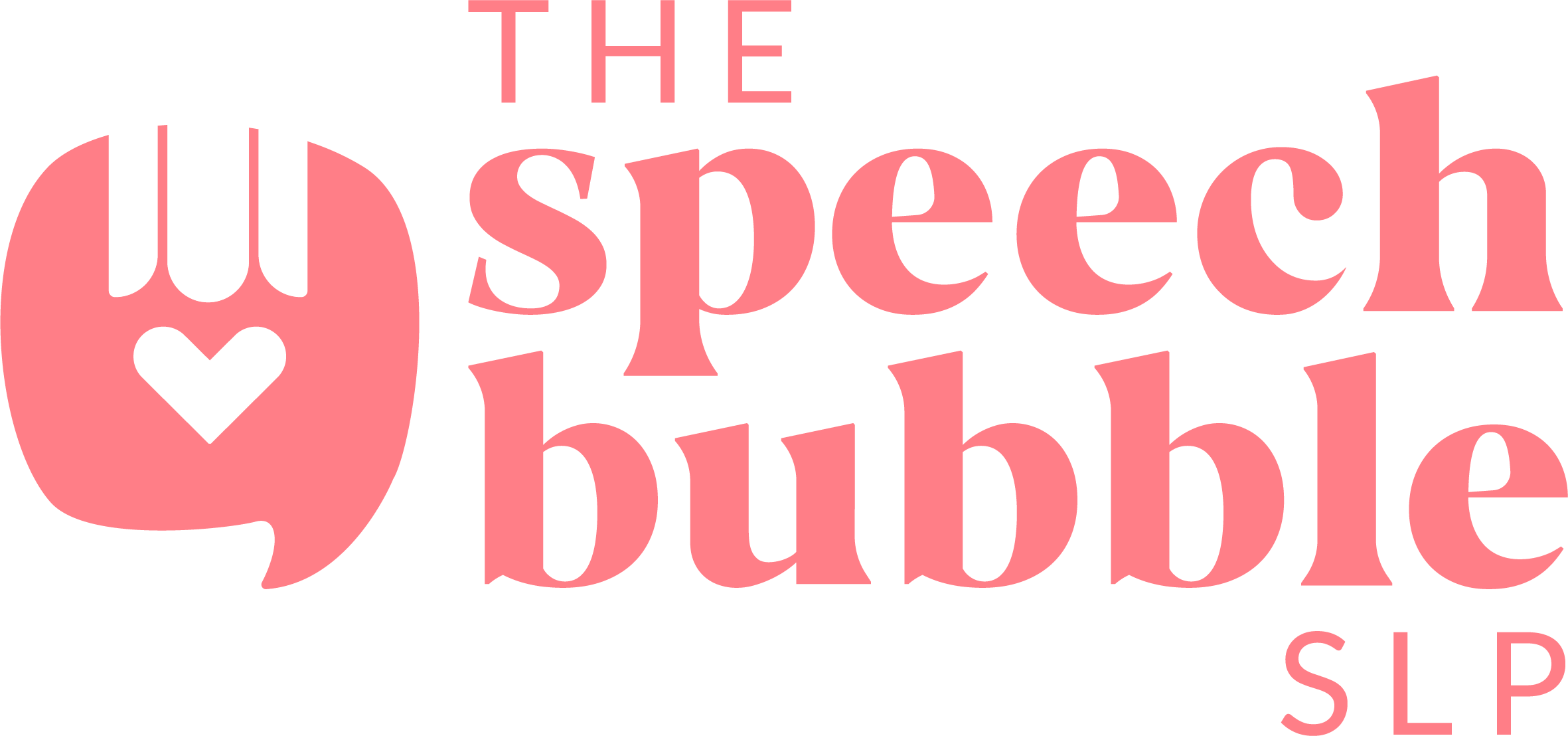







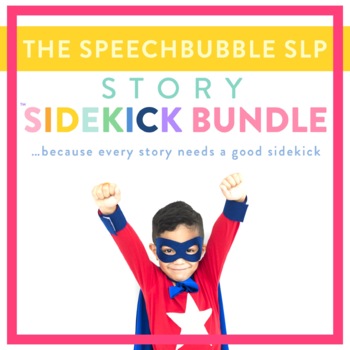
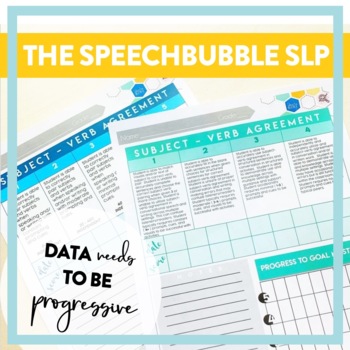
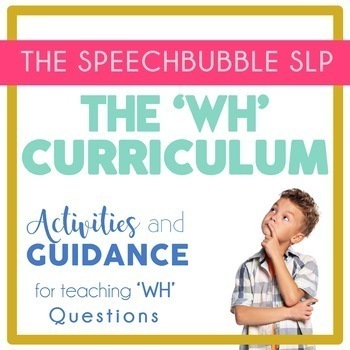


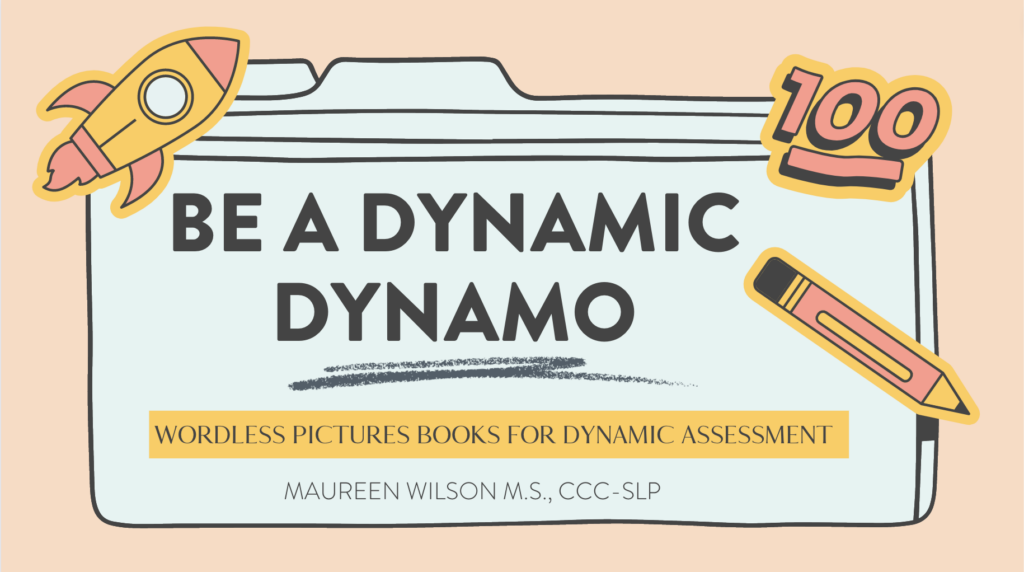
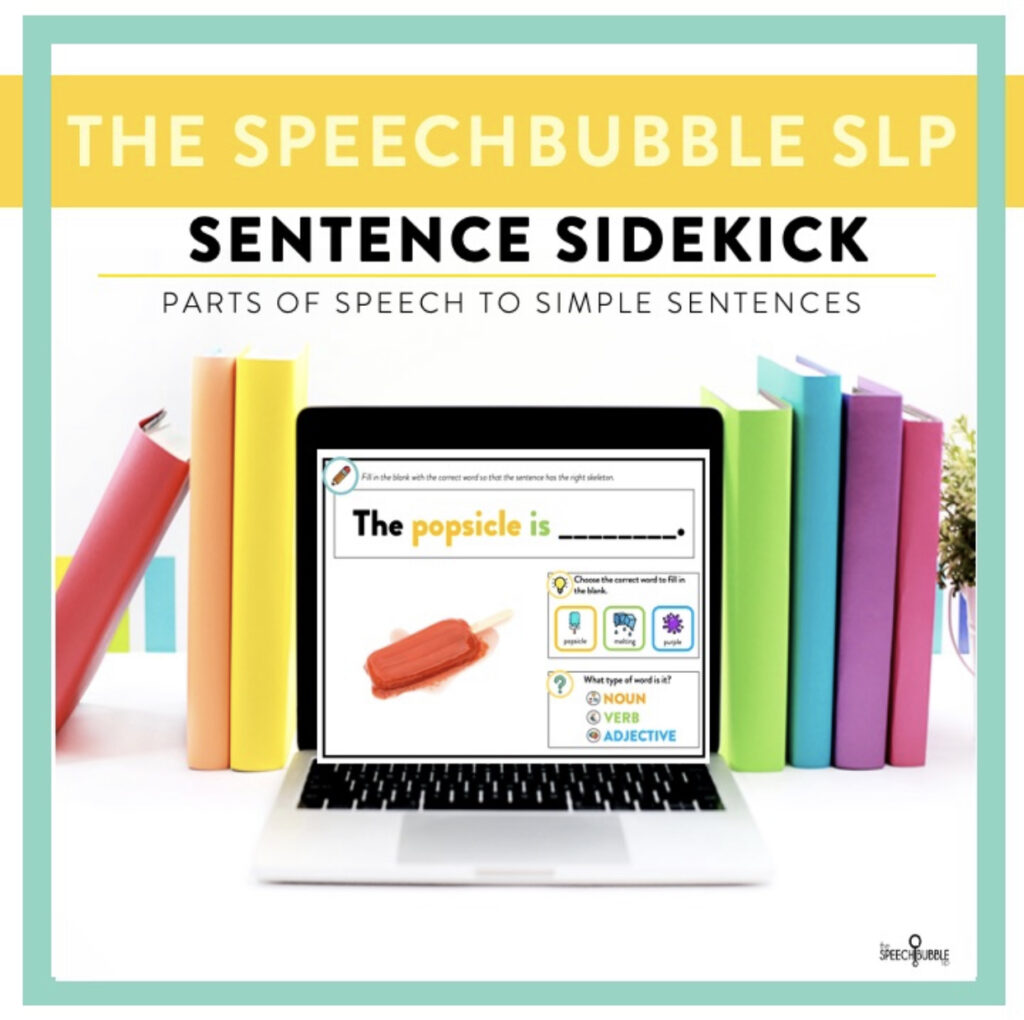
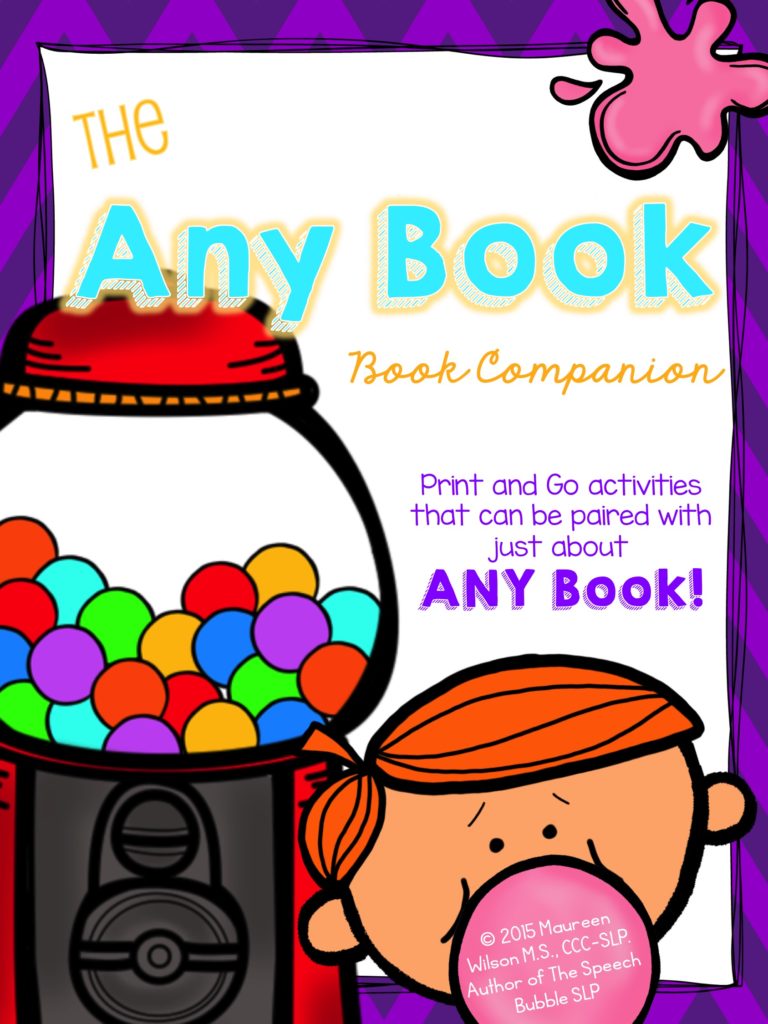

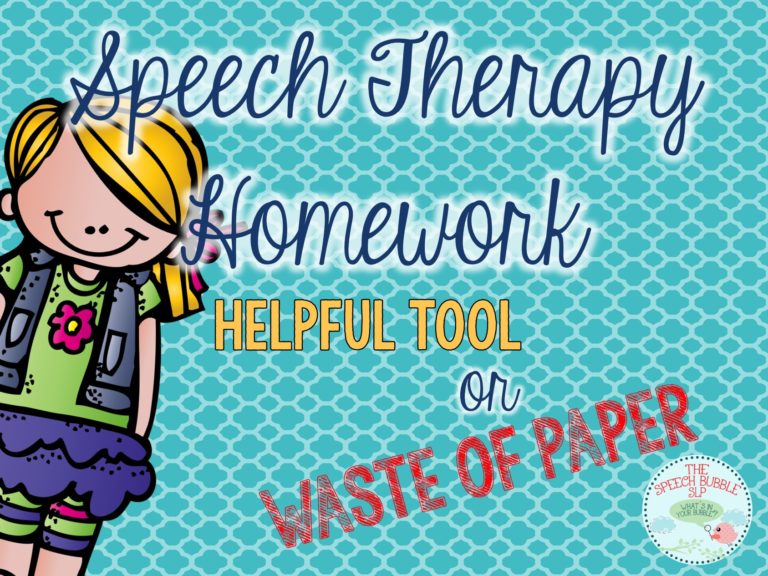

One Response